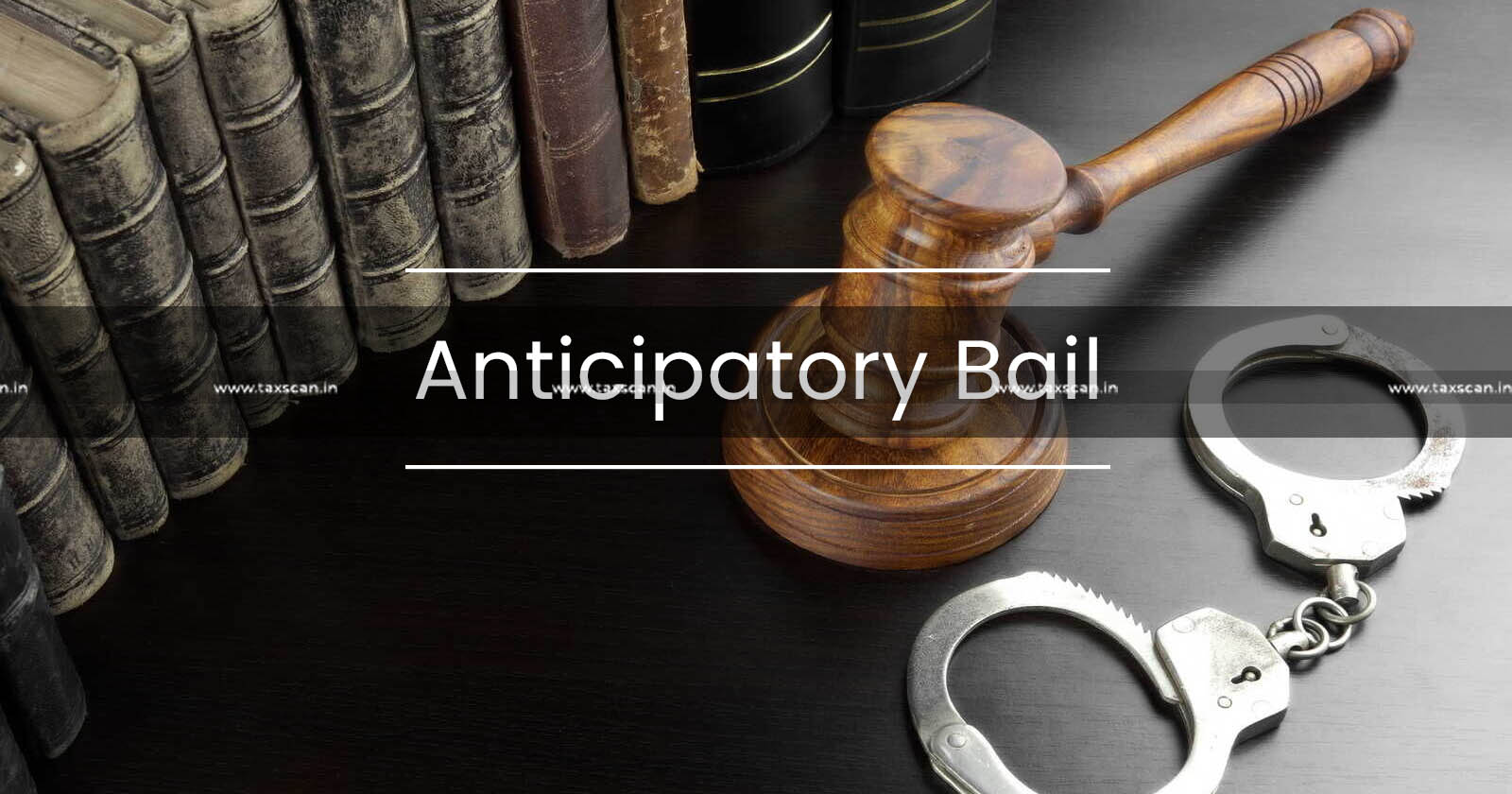Remedy for Pre-Trial Arrest u/s 69 of CGST Act is to Invoke Writ Petition; not Anticipatory Bail: Supreme Court [Read Judgment]

Remedy – Pre – Trial – Arrest – CGST – Act -Bail – Supreme – Court – TAXSCAN
Remedy – Pre – Trial – Arrest – CGST – Act -Bail – Supreme – Court – TAXSCAN
In a recent judgment, a Division Bench comprising Justice J.B. Pardiwala and Justice Prashant Kumar Mishra of the Supreme Court ruled that for a person summoned under Section 69 of the Central Goods and Services Tax (CGST) Act, 2017, for recording the statements, the appropriate recourse is writ petition under Article 226 of the Constitution of India.
This means that the person should file a writ petition before the High Court rather than seeking anticipatory bail under Section 438 of the Criminal Procedure Code, 1973.
The respondents M/s. Iyer Enterprise Mundra Kutch were served a summons under Section 145 of the Central Excise Act, 1944, which was made applicable to the service tax through Section 83 of the Finance Act, 1994, and Section 70 of the CGST Act. The summons required them to be present for interrogation in relation to an inquiry.
The concerned authority seeks to question the respondents regarding their alleged involvement in evading Goods and Service Tax liability or contravening the provisions of the Finance Act and CGST Act.
Under these circumstances, the petitioner filed two writ applications known as Special Criminal Application before the High Court. The High Court ordered the authorities to conclude the inquiry within 8 weeks and subsequently rejected the appeal. However, the State being dissatisfied with the order passed by the High Court, presented an appeal before the Supreme Court.
The bench observed that “Thus, the position of law is that if any person is summoned under Section 69 of the CGST Act, 2017 for the purpose of recording of his statement, the provisions of Section 438 of Criminal Procedure Code, 1908 cannot be invoked.”
Also stated that “The only way a person summoned can seek protection against the pre-trial arrest is to invoke the jurisdiction of the High Court under Article 226 of the Constitution of India.”.
Undoubtedly, this is exactly what the respondents did in the present case. What the respondents sought by filing two criminal applications under Article 226 of the Constitution before the High Court was the direction to the appellant herein not to arrest them in exercise of the power conferred by Section 69(1) of the GST Act, 2017.
The Supreme Court observed the ruling of the case Kartar Singh Vs. State of Punjab where it was mentioned that there is a fundamental distinction between a petition for anticipatory bail and the writ of mandamus directing an officer not to effect arrest. A writ of mandamus would lie only to compel the performance of the statutory or other duties.
The bench inclined to give one more opportunity to both the respondents to appear before the authorities for the purpose of recording their statements. If the respondents fail to appear, then it shall be open for the authority concerned to proceed further in accordance with law.
Additionally, the common order passed by the High Court was set aside.
To Read the full text of the Order CLICK HERE
Support our journalism by subscribing to Taxscan premium. Follow us on Telegram for quick updates


